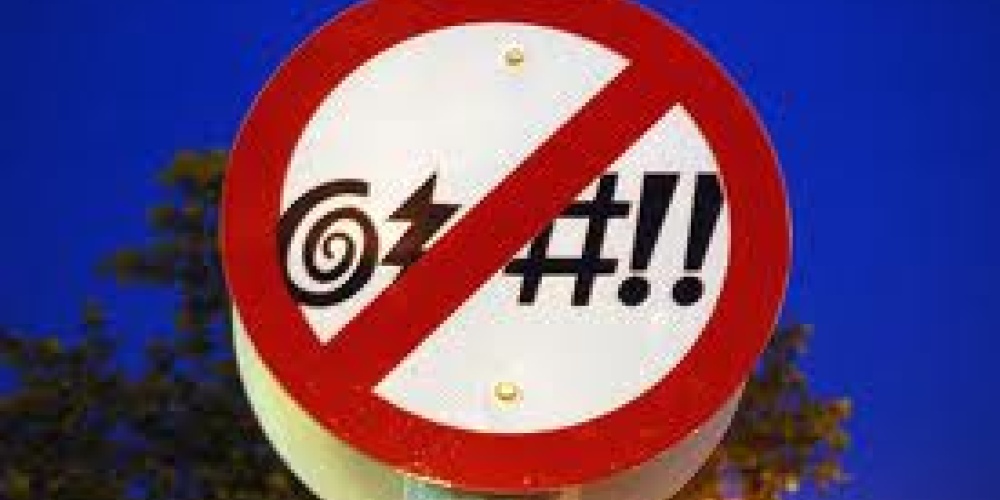
One of the differences between Talmudic rabbis and those of the post-Talmudic era is the “ability” of the former to link “crime and punishment”, or more specifically, sin and consequence. This is something we find distasteful, even blasphemous (and if we don't, we should), as we, unlike prophets, do not know the working of the Divine. Thus Rav Soloveitchik, for example, considered it a desecration of G-d’s name to attribute the Holocaust to sin.
Yet such approaches are quite common amongst our Talmudic rabbis, most famously when they link the destruction of the Temple and the subsequent exile with the sin of needless hatred amongst Jews. Our Mussaf prayer on Yom Tov begins, "mifnei chatateinu", because of our sins we were exiled from the land. Other links they made include the cause of the Flood being due to the sin of theft, or the destruction of the First Temple due to the violation of the three cardinal sins of idolatry, adultery, and murder. Yet, in addition to explaining past calamities, the Talmudic rabbis were wont to warn that particular sins lead to particular consequences.
The impetus for such seems to be the mishnah that teaches, “because of three sins a women [may] die in childbirth; because she is not careful in in the laws of a menstruating woman, [separation of] challah, and the kindling of [Shabbat] lights”. Being that childbirth was a time of grave danger then, a non-eventful birth was truly miraculous. The Talmudic assumption is that such miracles are much more likely to occur if these three mitzvoth—traditionally part of the women’s domain—are observed.
Over the course of a couple of pages, the Talmud warns of the consequences of various misdeeds, ranging from sexual immorality to delaying justice. Yet, it seems that the Talmud reserves its greatest condemnation for sins of speech. And of the sins of speech, the harshest condemnation is that of nivul peh, uncouth speech. The word nivul is from the same root as nevelah, a dead carcass, indicating that when we misuse the power of speech we are no better than animals. This is consistent with the view that our divine image expresses itself through the power of speech.
“Because of the sin of nivul peh, tzarot rabot, great problems and harsh decrees, are renewed; and the youth of Israel die, and orphans and widows cry out and are not answered”. If we misuse our mouths, we should not expect G-d to answer our words of prayer.
What makes the idea of nivul peh so powerful is that unlike its more famous cousin, lashon hara, gossip, such speech is not technically prohibited; rather, it is unbecoming speech for a human being. “All know why a bride enters the canopy, but whoever pollutes his mouth [and says so], even if 70 years (a lifetime) has been sealed for good, it is reversed for bad”.
No doubt we moderns find these words harsh and even unbecoming. No longer can or should we equate any event with particular sins. Yet, at the same time, we can see the importance our rabbis gave to clean speech.
When I entered the business world, one of its most jarring aspects was the vulgar speech I heard way too often. The cleanliness of our speech does reflect the type of society in which we live. And the cleaner our speech, the “healthier” we will all be.



